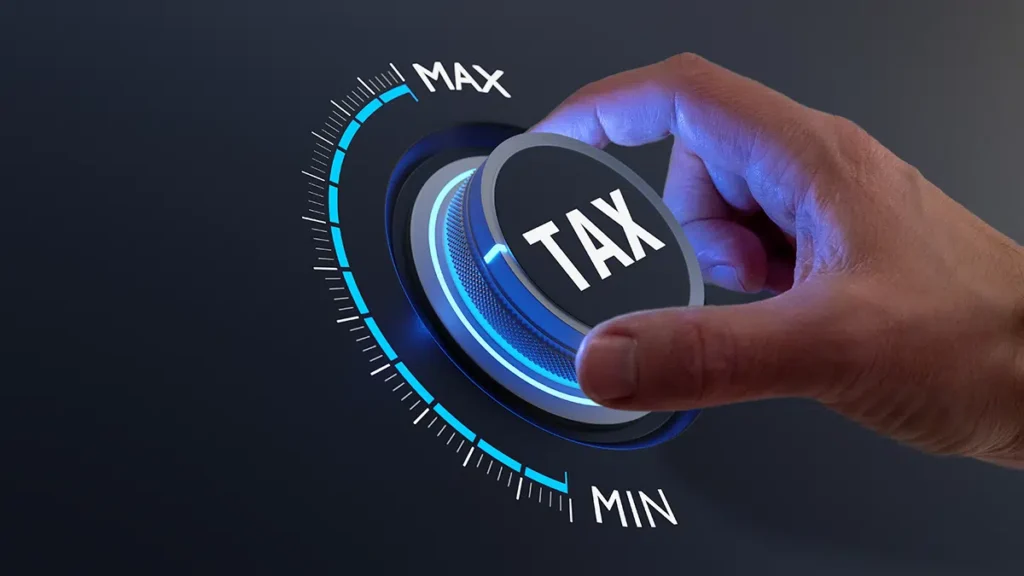It might seem like the holy grail every investor is looking for: A way to shelter a portion of your income for spending later in life—without having to pay taxes on it, unlike with an IRA. What’s the vehicle that can make this a reality? A health savings account (HSA). If you qualify, HSAs are worth a look.
Health savings accounts are one of the most tax-efficient savings vehicles around, offering triple tax benefits:
- You contribute pretax dollars
- You pay no taxes on the earnings
- And, if used for medical expenses, you withdraw the money tax-free
Many of us treat HSAs like flexible spending accounts (FSAs). We tap into them to pay for qualified medical expenses as they arise. But this powerful savings tool can be much more if you let your account build value over time.
Unlike an FSA, the money in an HSA is yours forever. There’s no “use it or lose it” constraint. And unlike your IRA or 401(k), where withdrawals are taxed as ordinary income, withdrawals from an HSA for qualified medical expenses are income-tax-free (nonqualified expenses are subject to a 20% penalty and income taxes).
And there’s a bonus: After age 65, HSAs can also be used to pay for nonqualified expenses penalty-free (though not tax-free). So, an HSA can be employed as a traditional IRA without required minimum distributions (RMDs).
As good as all that sounds, there are important limits and caveats. According to federal guidelines, you can contribute to an HSA only if you are covered by a qualified high-deductible health plan (HDHP). And you can’t be covered by Medicare, Medicaid or a spouse’s health plan that is not HSA-qualified. Nor can you generally contribute to an FSA and HSA in the same year.
Also, maximizing your HSA requires patience, in part due to the annual contribution limits. If possible, you want to save HSA funds for retirement. The goal is to acquire a large tax-free account to pay for late-life medical expenses.
The rules are simple: Contributions to HSAs are tax-deductible through Medicare age (65). Anyone can contribute to your HSA (employers, relatives, yourself) so long as you stay within the annual contribution limits ($3,650 for an individual and $7,300 for a family in tax year 2022).
As the HSA builds in value, there is no requirement that you use it. You can continue to pay medical expenses with other funds. Much later in life, though, after your account has had time to grow and compound in value, you can reimburse yourself, tax-free, from the HSA for all those expenses you paid years before, so long as you keep meticulous records of your spending.
HSAs pack a powerful, tax-free investing punch if you bide your time. Call us anytime you are interested in learning more. As always, we’re here to help you.
Tax, legal and insurance information contained herein is general in nature, is provided for informational purposes only, and should not be construed as legal or tax advice. Personalized tax advice and tax return preparation is available through a separate, written engagement agreement with Adviser Investments Tax Solutions. We do not provide legal advice, nor sell insurance products. Always consult a licensed attorney, tax professional, or licensed insurance professional regarding your specific legal or tax situation, or insurance needs.
Our statements and opinions are subject to change without notice. All investments carry risk of loss and there is no guarantee that investment objectives will be achieved.
© 2023 Adviser Investments, LLC. All Rights Reserved.




